Despite DEI backlash, only 19% of companies are cutting diversity funding
As the Trump administration has set its sights on dismantling diversity, equity, and inclusion efforts in the workplace, the prevailing narrative has been that private-sector companies are retreating from DEI programs. That’s true to some extent: Major employers have made notable changes to their DEI efforts, altering language in public filings and slashing or pausing career development programs for underrepresented groups—and corporate leaders have said they are losing sleep over the threat of DEI-related litigation. Still, it seems that many companies are continuing to invest in diversity programs, according to a benchmarking survey that culture and inclusion platform Paradigm released today. On the whole, federal contractors and large companies—those with more than 10,000 employees—appear to be the most likely to make significant changes to their DEI work in response to the heightened scrutiny by the Trump administration and risk of legal action. (The survey polled more than 400 employers of different sizes across a range of industries, including some of the largest U.S. companies by revenue.) What DEI policies are changing It’s true that employers are moving away from certain types of DEI initiatives. Many companies are, in fact, eliminating representation goals—something that leading tech employers like Meta and Google have already done. Paradigm found that 38% of companies surveyed had either stopped using representation goals or are planning to do so. The vast majority of employers who still use representation goals—92%—said they plan to stop sharing those goals publicly, while 77% said they would not even disclose them internally. As the terminology of DEI has grown more polarizing, 39% of companies have also changed the language they use for their programs. What DEI policies are staying the same Even as employers pull back on some of these efforts, however, the budget for DEI work has not radically shifted at many companies, per Paradigm’s findings: Only 19% of employers said they are decreasing funding for DEI efforts. More than half claimed they are not making any changes, and 23% said they actually plan to increase funding. Given that the pushback to DEI has been brewing since the Supreme Court’s 2023 ruling on affirmative action, it’s possible some of these companies had already made changes to how they allocated funding for diversity efforts—or cut back on them altogether. As Fast Company has previously reported, plenty of companies were already reevaluating their financial commitments even prior to that ruling, and in some cases trimmed headcount for teams that were dedicated to DEI-related work. Joelle Emerson, cofounder and CEO of Paradigm, also posits that some companies may have just reallocated funding or outsourced certain aspects of their DEI work to organizations like hers. “We’ve worked with Fortune 500 companies that have a team of five learning designers building trainings from scratch on inclusive leadership or inclusive hiring,” she says. “We—and I’m sure other [platforms]—have really great content that doesn’t need to be reinvented for every single organization.” The state of external rankings Over the past year, many companies have made headlines for pulling out of the Human Rights Campaign’s Corporate Equality Index, an annual survey that measures workplace inclusion for LGBTQ+ employees and is often touted by companies that are looking to attract more diverse employees. But the Paradigm report indicates that even amid public pressure, many companies have not changed their stance on those rankings—at least not yet. Only 18% of respondents said they had already paused their participation in external rankings that measure inclusion or planned to do so. Emerson points out that many of the companies who, for example, pulled out of the Corporate Equality Index, were being pressured to do so by right-wing activists. But the companies that seem to be staying the course may not be talking about it openly or getting media attention. “If you’re a company that’s not evolving away from these things, there would be no reason anyone would hear about it,” she says. “By and large, you’re not going to be announcing that.” Reducing legal risk Nearly all the companies surveyed by Paradigm—at least 90%—say they have already embedded DEI practices into their talent strategy, which includes continuing to source diverse talent. Most of them are also continuing to collect demographic data on employees and invest in inclusion trainings. Employee resource groups and DEI-related benefits like parental leave and trans healthcare coverage have also remained largely unchanged (though some companies are opening affinity groups up to all employees to mitigate legal risk). Emerson adds that the Equal Employment Opportunity Commission’s recent guidance on DEI has actually helped clarify what could constitute “unlawful discrimination” for some employers, which had

As the Trump administration has set its sights on dismantling diversity, equity, and inclusion efforts in the workplace, the prevailing narrative has been that private-sector companies are retreating from DEI programs. That’s true to some extent: Major employers have made notable changes to their DEI efforts, altering language in public filings and slashing or pausing career development programs for underrepresented groups—and corporate leaders have said they are losing sleep over the threat of DEI-related litigation.
Still, it seems that many companies are continuing to invest in diversity programs, according to a benchmarking survey that culture and inclusion platform Paradigm released today. On the whole, federal contractors and large companies—those with more than 10,000 employees—appear to be the most likely to make significant changes to their DEI work in response to the heightened scrutiny by the Trump administration and risk of legal action. (The survey polled more than 400 employers of different sizes across a range of industries, including some of the largest U.S. companies by revenue.)
What DEI policies are changing
It’s true that employers are moving away from certain types of DEI initiatives. Many companies are, in fact, eliminating representation goals—something that leading tech employers like Meta and Google have already done. Paradigm found that 38% of companies surveyed had either stopped using representation goals or are planning to do so.
The vast majority of employers who still use representation goals—92%—said they plan to stop sharing those goals publicly, while 77% said they would not even disclose them internally. As the terminology of DEI has grown more polarizing, 39% of companies have also changed the language they use for their programs.
What DEI policies are staying the same
Even as employers pull back on some of these efforts, however, the budget for DEI work has not radically shifted at many companies, per Paradigm’s findings: Only 19% of employers said they are decreasing funding for DEI efforts. More than half claimed they are not making any changes, and 23% said they actually plan to increase funding.
Given that the pushback to DEI has been brewing since the Supreme Court’s 2023 ruling on affirmative action, it’s possible some of these companies had already made changes to how they allocated funding for diversity efforts—or cut back on them altogether. As Fast Company has previously reported, plenty of companies were already reevaluating their financial commitments even prior to that ruling, and in some cases trimmed headcount for teams that were dedicated to DEI-related work.
Joelle Emerson, cofounder and CEO of Paradigm, also posits that some companies may have just reallocated funding or outsourced certain aspects of their DEI work to organizations like hers. “We’ve worked with Fortune 500 companies that have a team of five learning designers building trainings from scratch on inclusive leadership or inclusive hiring,” she says. “We—and I’m sure other [platforms]—have really great content that doesn’t need to be reinvented for every single organization.”
The state of external rankings
Over the past year, many companies have made headlines for pulling out of the Human Rights Campaign’s Corporate Equality Index, an annual survey that measures workplace inclusion for LGBTQ+ employees and is often touted by companies that are looking to attract more diverse employees. But the Paradigm report indicates that even amid public pressure, many companies have not changed their stance on those rankings—at least not yet. Only 18% of respondents said they had already paused their participation in external rankings that measure inclusion or planned to do so.
Emerson points out that many of the companies who, for example, pulled out of the Corporate Equality Index, were being pressured to do so by right-wing activists. But the companies that seem to be staying the course may not be talking about it openly or getting media attention. “If you’re a company that’s not evolving away from these things, there would be no reason anyone would hear about it,” she says. “By and large, you’re not going to be announcing that.”
Reducing legal risk
Nearly all the companies surveyed by Paradigm—at least 90%—say they have already embedded DEI practices into their talent strategy, which includes continuing to source diverse talent. Most of them are also continuing to collect demographic data on employees and invest in inclusion trainings. Employee resource groups and DEI-related benefits like parental leave and trans healthcare coverage have also remained largely unchanged (though some companies are opening affinity groups up to all employees to mitigate legal risk).
Emerson adds that the Equal Employment Opportunity Commission’s recent guidance on DEI has actually helped clarify what could constitute “unlawful discrimination” for some employers, which had sparked widespread confusion when Trump first introduced executive orders targeting DEI. “I don’t agree with a lot of the guidance—I think a lot of the things that they’re saying are essentially illegal DEI are, in fact, not,” she says. “But the guidance has given the companies we work with more confidence to continue with the things they’re doing.”






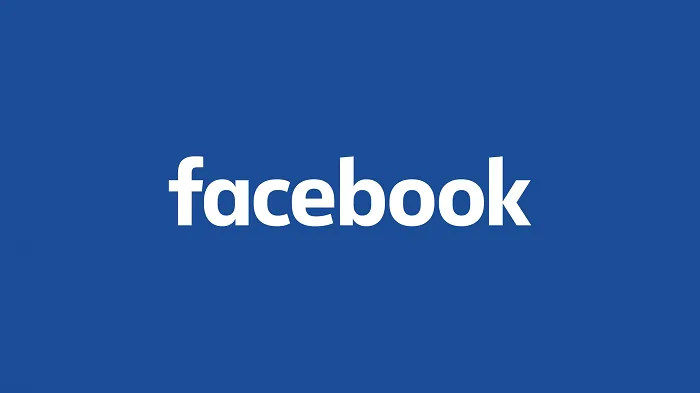







![31 Top Social Media Platforms in 2025 [+ Marketing Tips]](https://static.semrush.com/blog/uploads/media/0b/40/0b40fe7015c46ea017490203e239364a/most-popular-social-media-platforms.svg)










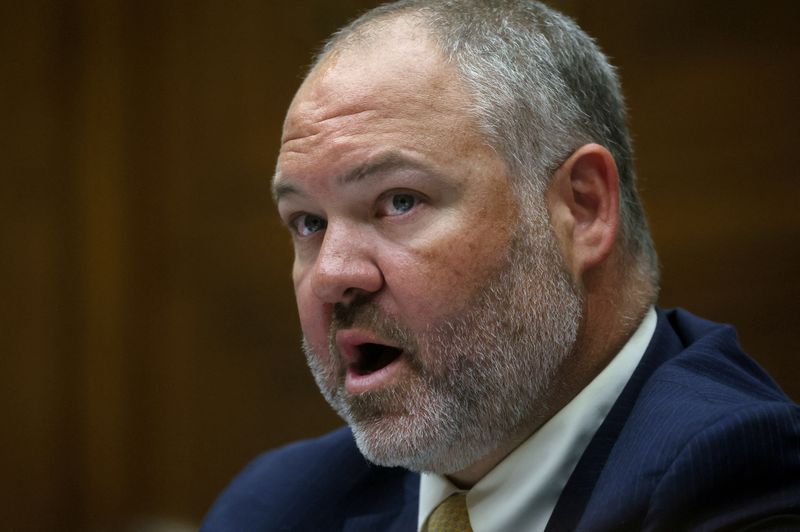















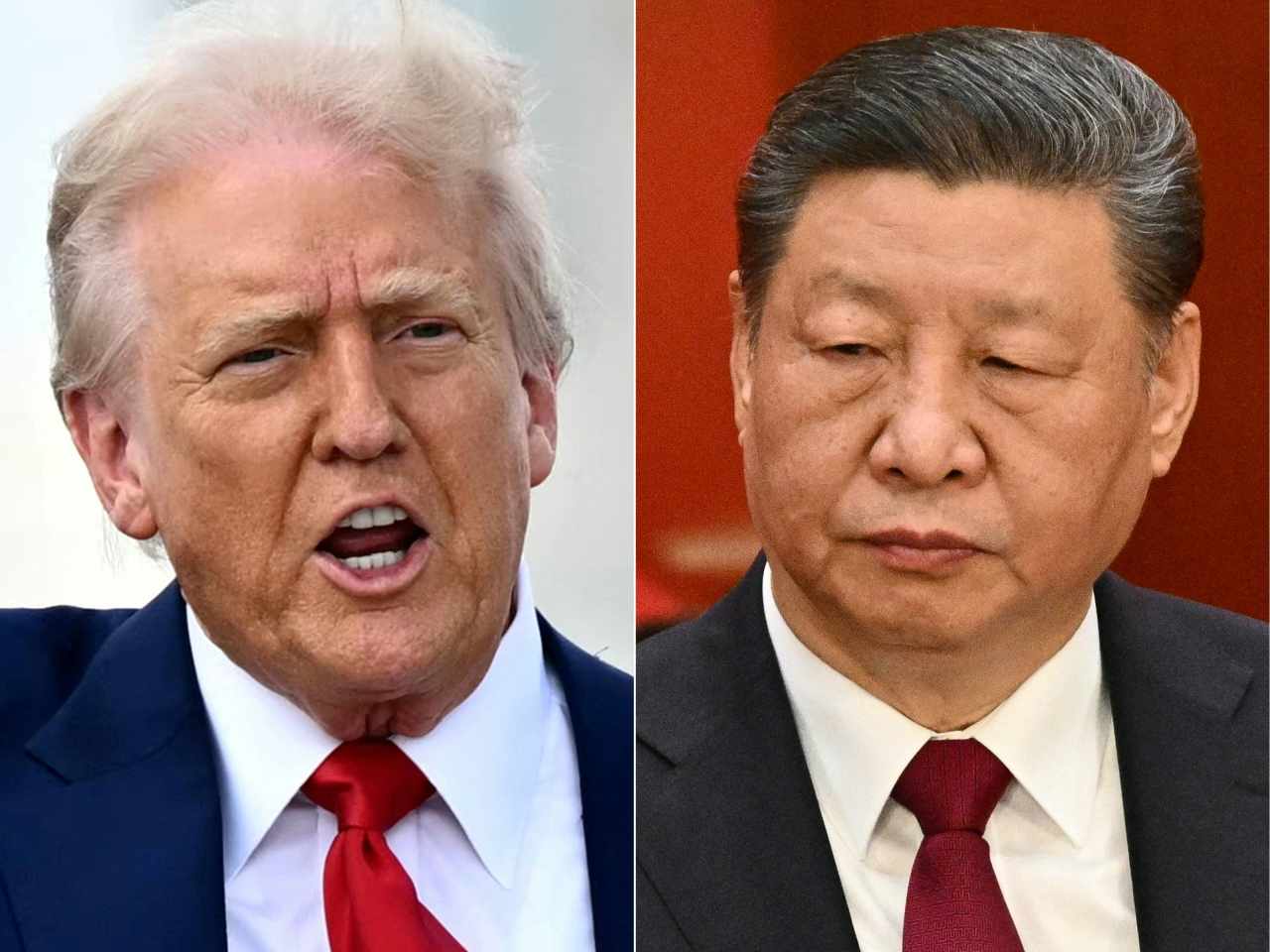










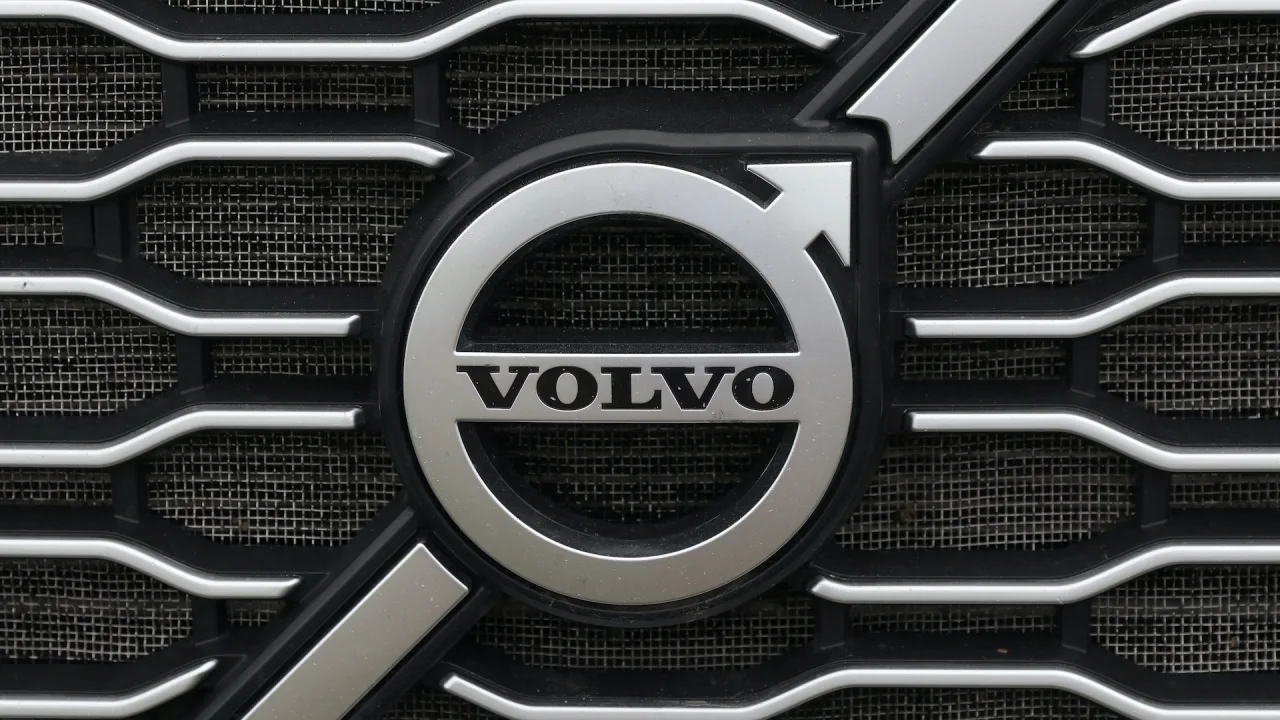



























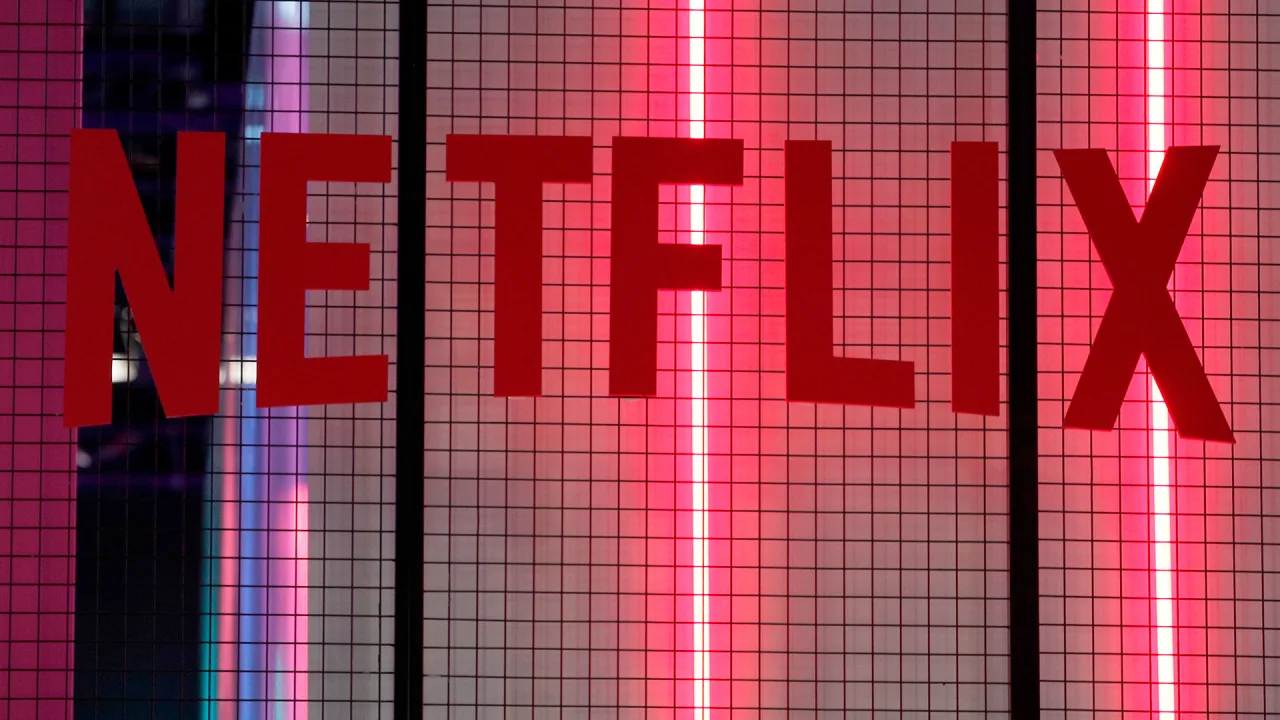
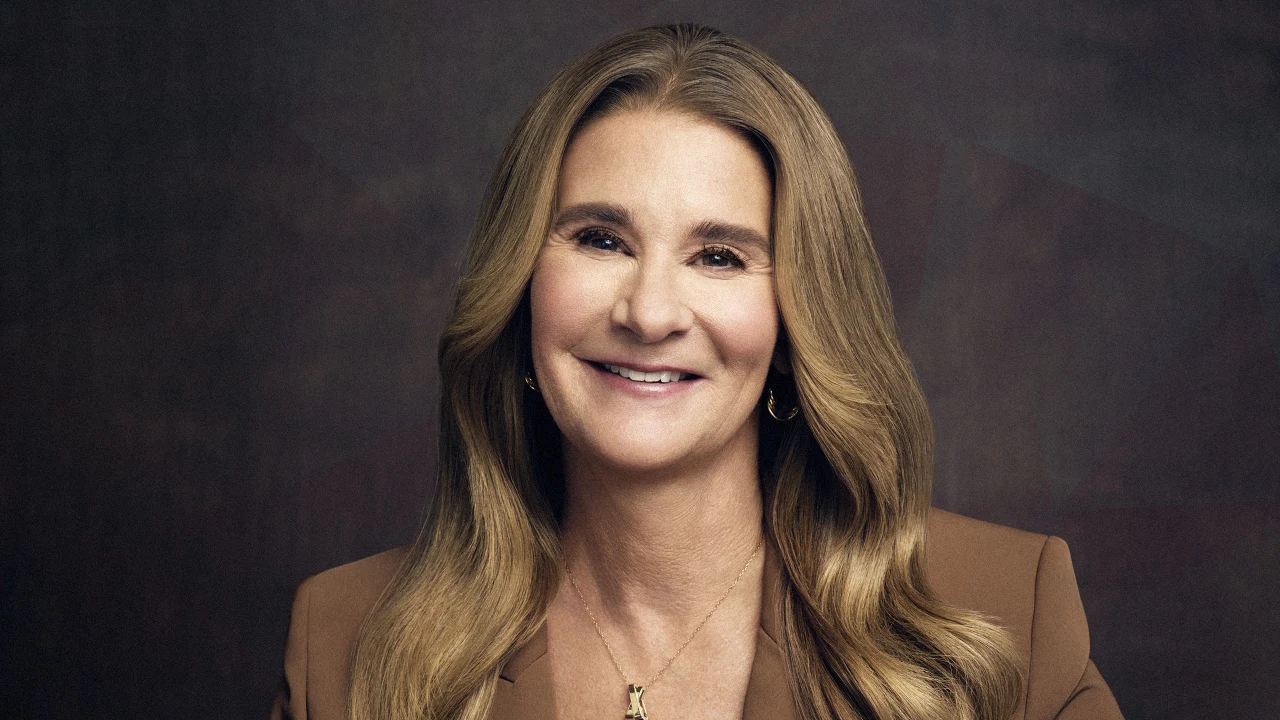
























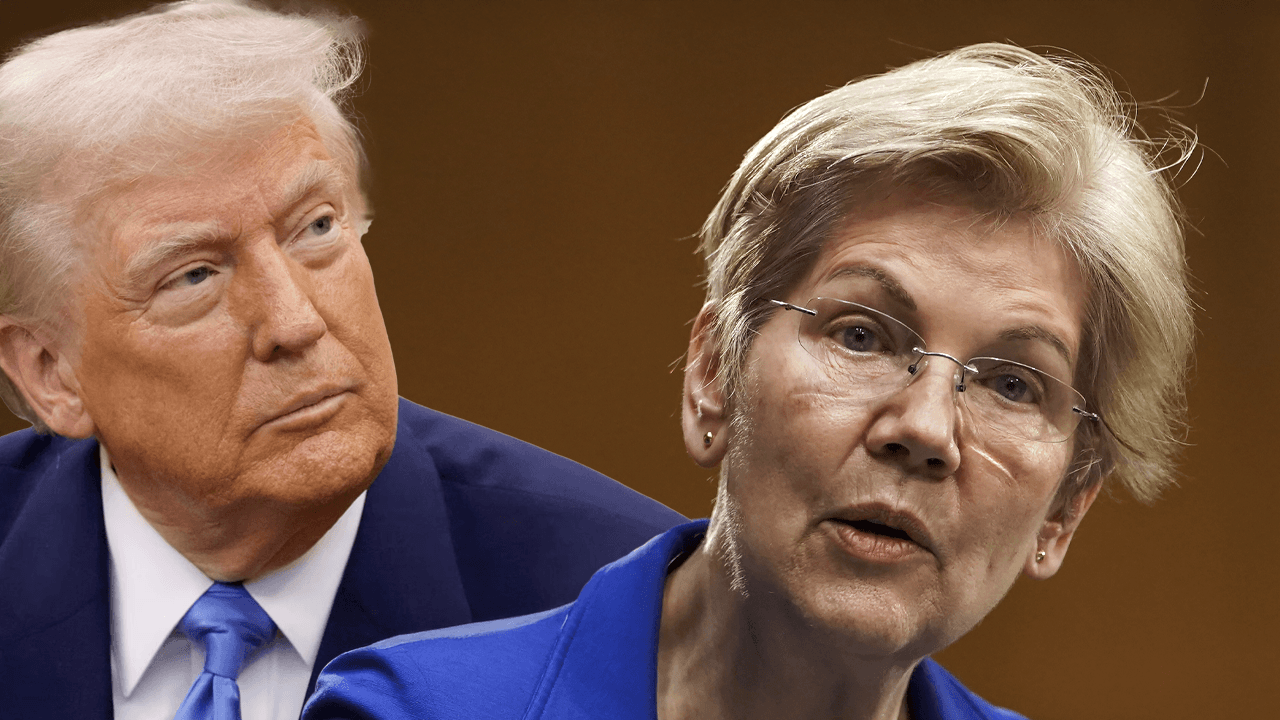


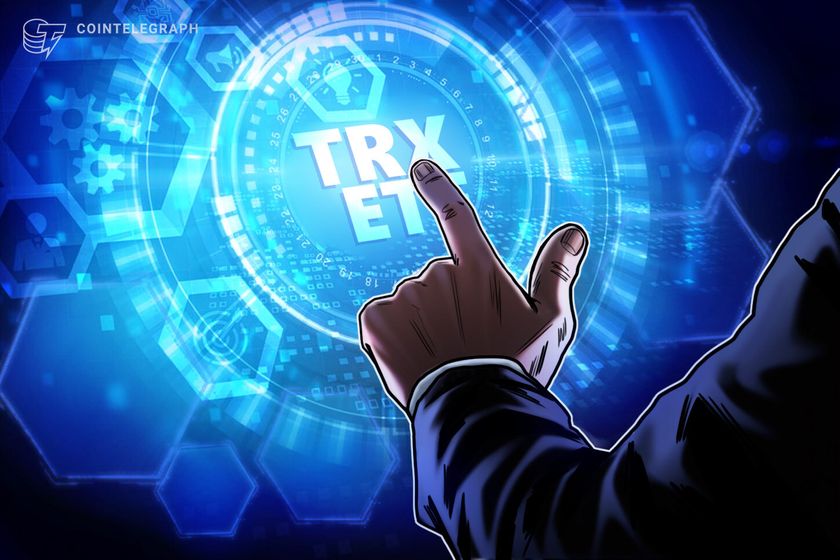






























![[Webinar] AI Is Already Inside Your SaaS Stack — Learn How to Prevent the Next Silent Breach](https://blogger.googleusercontent.com/img/b/R29vZ2xl/AVvXsEiOWn65wd33dg2uO99NrtKbpYLfcepwOLidQDMls0HXKlA91k6HURluRA4WXgJRAZldEe1VReMQZyyYt1PgnoAn5JPpILsWlXIzmrBSs_TBoyPwO7hZrWouBg2-O3mdeoeSGY-l9_bsZB7vbpKjTSvG93zNytjxgTaMPqo9iq9Z5pGa05CJOs9uXpwHFT4/s1600/ai-cyber.jpg?#)








































![How to Find Low-Competition Keywords with Semrush [Super Easy]](https://static.semrush.com/blog/uploads/media/73/62/7362f16fb9e460b6d58ccc09b4a048b6/how-to-find-low-competition-keywords-sm.png)



